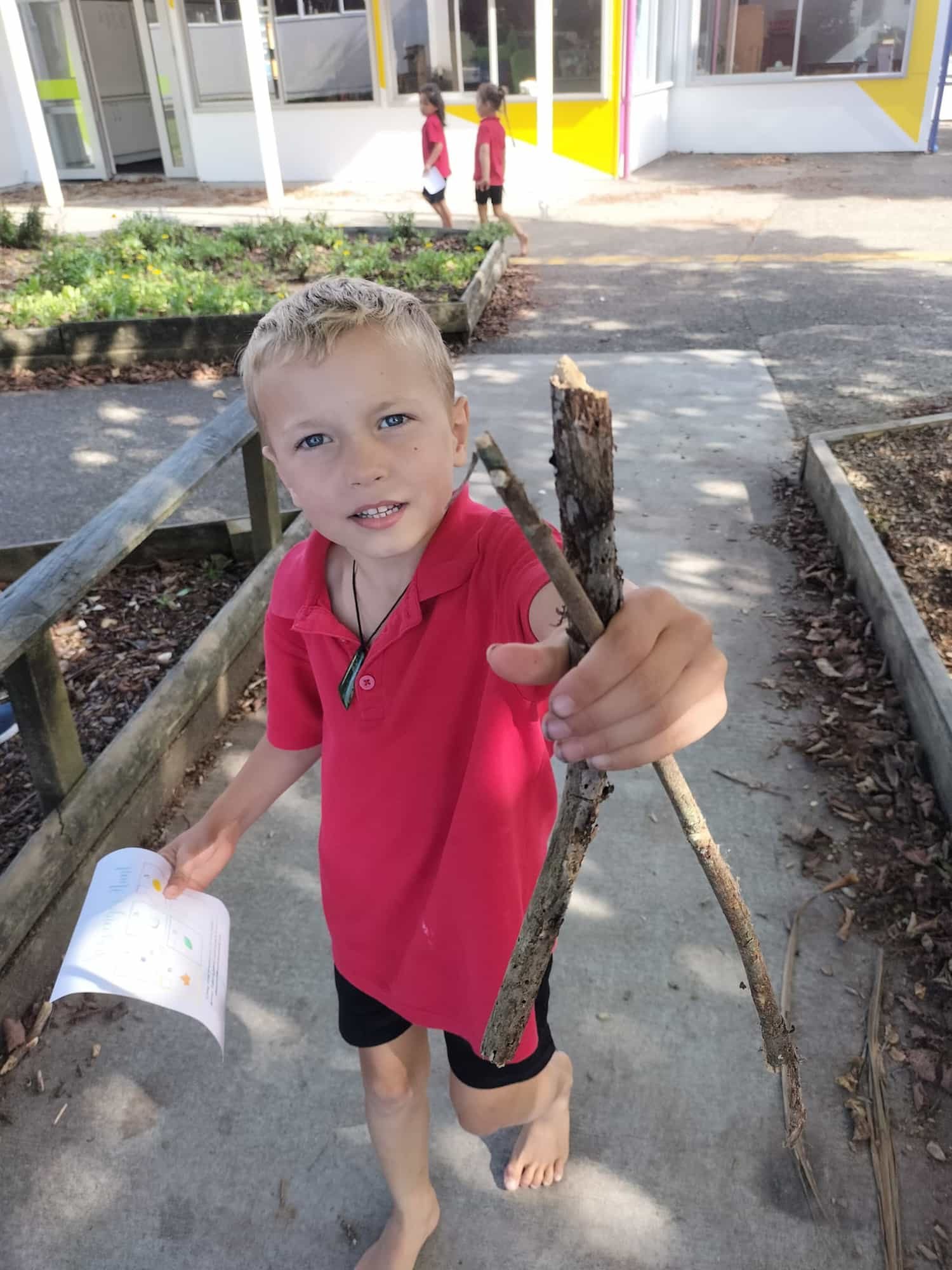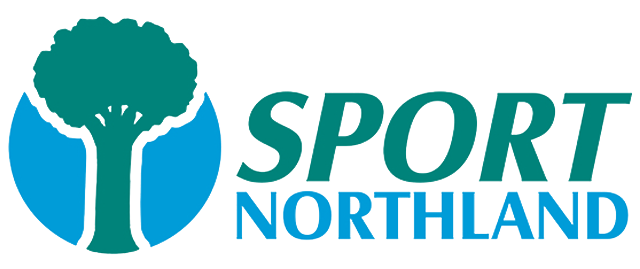


Hikurangi School Takes Play-Based Learning to the Next Level

Hikurangi School embarked on an exciting play-based learning journey, thanks to Tū Manawa Active Aotearoa funding. The school's kaiako recognised the importance of play in boosting learning outcomes and wanted to ensure a smooth transition for children from Early Childhood Education (ECE) to Primary School settings.
To achieve their goal, the school purchased a range of play equipment aimed at children aged 4-12, with a strong focus on those aged 4-6. The equipment was carefully selected to promote motor skills, social skills, and risk-taking.
The changes have seen increased engagement from tamariki, positive comments from whānau, and an increase in whānau promoting the school within the community. A survey was also sent to whānau to gauge their level of understanding and value of play in the primary school setting. Responses showed that the whānau had little understanding of the benefits of play and would be interested in coming along to a 'play day' where they could see play in action and kaiako could talk about the research behind play-based learning.
The school held a 'play day,' and whānau came along to see play in action. The feedback was overwhelmingly positive, with whānau generally placing a higher value on play as part of the junior classroom timetable. Parents have mentioned “How much their child loves coming to school and how surprised they were to see their child interacting with so many other children during play. It's like they've come out of their shell.”
By providing a range of play equipment, tamariki were able to explore play at a range of levels and engagement. The large play-based equipment, such as the large soft gym and the large hollow blocks, provided opportunities to explore balance and risk-taking, as well as promoting creativity and social skills.
Kaiako followed the interests of their tamariki and at times needed to reconsider the items they had planned to purchase. Observations of the tamariki during play and discussions as staff concluded that the equipment had achieved what it had set out to do, which was increase confidence, social skills, and motor skills. Whaea Alysha explains that "as kaiako, we have noticed a remarkable change in the level of engagement from children doing school visits after the introduction of the play equipment. They were more likely to explore and interact with the equipment, and also talk to other children and teachers while playing."
The Hikurangi School's play-based learning journey is an ongoing process with a commitment to continually build on its success. To support this, the school has designated Whaea Stacey to lead the role of growing play across the school. This ensures that the focus on play-based learning will be sustained and integrated into the school's curriculum. Moving forward, the school is discussing opportunities to involve whānau and the wider community in school events, including the incorporation of play-based activities. This would provide an opportunity for families to witness the benefits of play-based learning in action and increase community involvement in the school's approach to education. Through these efforts, Hikurangi School aims to continue to strengthen its kaupapa and to promote learning through play for all tamariki.
Whaea Alysha continues to explain and emphasise “gathering feedback” as an important aspect of the process, and we make sure to involve our tamariki in it. We start by conducting class brainstorms and mat time discussions, and we also include our senior buddy class to gather insights from children in our New Entrant class about the play equipment we had purchased. We encourage them to share their opinions and preferences, both positive and negative, to help us understand what they like and don't like about the equipment. This feedback is crucial for us to improve our play-based learning program and ensure that our tamariki are engaged, happy, and comfortable during their playtime.
The Hikurangi School's play-based learning journey is an excellent example of how Tū Manawa Active Aotearoa funding is supporting schools and communities to achieve locally led kaupapa, and to strengthen kaupapa within schools. The project is ongoing and is something the school has committed to in their strategic planning and will continue to build on each year with strong links to Te Whāriki.
Overall, Hikurangi School's play-based learning journey is an excellent example of how Tū Manawa Active Aotearoa funding is supporting schools and communities to achieve locally-led kaupapa, strengthening the school's kaupapa, and promoting learning through play for all tamariki.
Check out the video here

SPORT NORTHLAND
CDL Group Northland Sports House
97 Western Hills Drive, Kensington,
Whangārei 0112
info@sportnorth.co.nz
CDL Group Northland Sports House - 09 437 9600
McKay Stadium / Kensington Fitness - 09 437 4404



